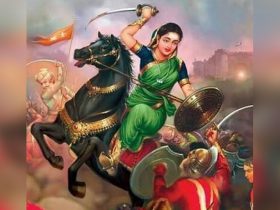* Radhabinod Pal was born on 27 January 1886 in a small village of Salimpur, Kushtia District, East Bengal, present Bangladesh.
* Justice Radhabinod Pal was a member of the UNO International Law Commission from 1952 to 1966.
* He studied mathematics at Presidency College, Calcutta and constitutional law at Law College of the University of Calcutta.
* His contribution to the formulation of the British Indian Income Tax Act of 1922 was much appreciated.
* He was appointed as a legal advisor in 1927 by the British Government of India.
* From 1923 till 1936, he also worked as a professor at the Law College of the University of Calcutta.
* In 1941 Pal became a judge of the Calcutta High Court.
* He became Vice-Chancellor of the University of Calcutta in 1944.
* He represented British India as a member of the tribunal of judges officiating at the Tokyo Trials in 1946.
* He had following observation to make during the trial.
* In deliberations with judges from 10 other countries, he was not in favour of the use of the legal concept of conspiracy in the context of pre-war decisions by Japanese officials. He objected to the tribunal to retrospectively apply (nulla poena sine lege) the new concept of Class A war crimes – waging aggressive (also known as crimes against peace) – and crimes against humanity (that had already been used ex post facto at the Nuremberg Trials).
* Justice Pal was the only voice of dissent in the tribunal’s verdicts of guilt in the cases of defendants charged with Class A war crimes.
* His has influencing arguments supported by the judges from the Netherlands and France. All these three judges recorded dissenting opinions. As per the rules, all sentences were decided by a majority Verdict. Justice Radhabinod Pal was the only judge who submitted a judgment that all defendants were not guilty.
* He passed away in on 10 January 1967.
* In Japan Justice Radhabinod Pal is highly regarded and was a precursor to Indo-Japanese relations. In Japan the Yasukuni Shrine and the Kyoto Ryozen Gokoku Shrine have monuments specially dedicated to Judge Pal.













Leave a Reply